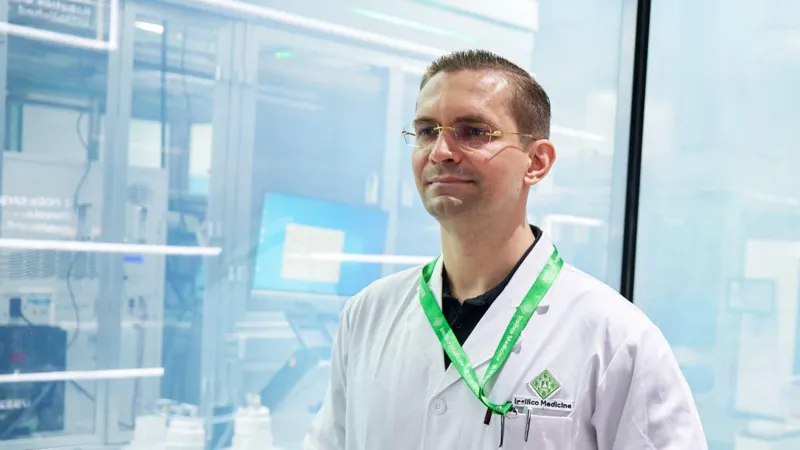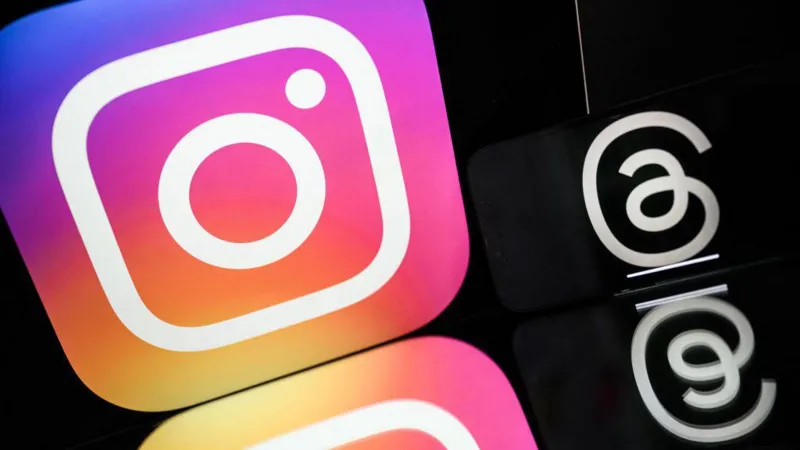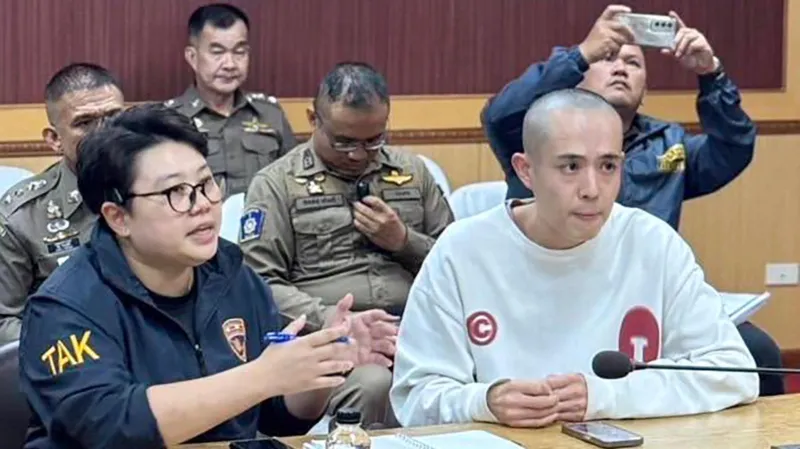
This is the fourth feature in a six-part series that is looking at how AI is changing medical research and treatments.
Over a video call, Alex Zhavoronkov holds up a small, green, diamond-shaped pill.
It has been developed by his company to treat a rare progressive lung disease for which there is no known cause or cure.
The new drug has yet to be approved, but in small clinical trials has shown impressive efficacy in treating idiopathic pulmonary fibrosis (IPF).
It’s one of a new wave of drugs where artificial intelligence (AI) has been integral to its discovery.
“We can’t say we have the first AI discovered and designed molecule approved,” says Dr Zhavoronkov, the co-founder and CEO of US-based start-up Insilico Medicine. “But we may be the furthest along the path.”
Welcome to the great AI drug race, where a host of companies are employing the power of AI to do what has traditionally been the job of medicinal chemists.
That includes both smaller, specialist AI-driven biotech companies, which have sprung up over the past decade, and larger pharmaceutical firms who are either doing the research themselves, or in partnership with smaller firms.
Among the newer players is Alphabet, the parent company of Google, which launched UK-based AI drug discovery company Isomorphic Labs, in late 2021.
Its CEO, Demis Hassabis, shared this year’s Nobel prize in chemistry for an AI model that is expected to be useful for AI drug design.
Using AI to do drug discovery could make an “enormous difference” for patients, says Chris Meier, of the Boston Consulting Group (BCG).
Bringing a new drug to market takes on average 10 to 15 years, and costs more than $2bn (£1.6bn).
It’s also risky: about 90% of drugs that go into clinical trials fail. The hope is that using AI for the drug discovery part of that process could cut the time and cost, and result in more success.
A new era, where AI is at the centre of the drug discovery process is emerging, says Charlotte Deane, a professor of structural bioinformatics at Oxford University, who develops freely available AI tools to help pharmaceutical companies and others improve their drug discovery.
“We are at the beginning of just how good that might be,” she says.
It is unlikely to lead to fewer pharmaceutical scientists, say experts – the real savings will come if there are fewer failures – but it will mean working in partnership with AI.






